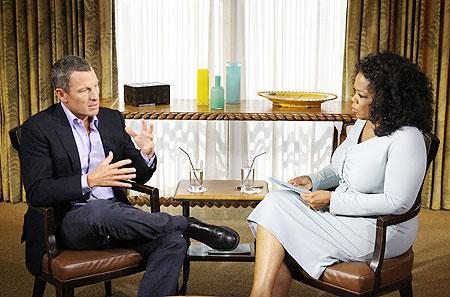
The much anticipated interview of disgraced cyclist Lance Armstrong started with business like approach. Without wasting much time Armstrong admitted to doping on Oprah Winfrey talk show.
Armstrong admitted to doping in all the seven Tour de France victories Armstrong also said 'yes' to taking EPO, blood transfusions and other banned substances.
"I could not have won the race seven times without the drugs."
"Not possible to win seven Tours without doping."
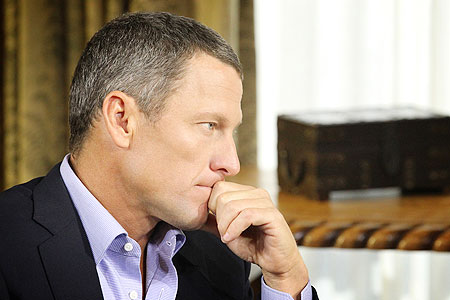
"I made my decisions. They're my mistake. And I'm sitting here today to acknowledge that and to say I'm sorry for that."
"I am sorry for taking performance-enhancing drugs during his career and that it was a mistake."
"I view this situation as one big lie that I repeated a lot of times."
He labeled himself a bully and said doping in team was 'professional and smart.'
But he denied taking banned drugs since comeback in 2009.
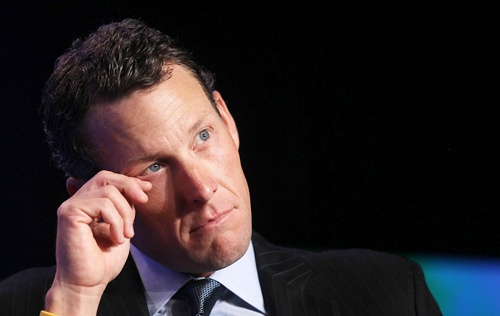
Lance Armstrong finally admitted to using performance enhancing drugs during his cycling career on Thursday, describing himself as a "bully" and a "deeply flawed character" in an interview with talk show host Oprah Winfrey.
As expected, the former seven-times Tour de France winner admitted his success on the bike was fuelled by doping and confessed to using a series of drugs to boost his performance.
In the first part of an exclusive televised interview with Winfrey that was recorded three days earlier at his hometown of Austin, Texas, Armstrong confessed straight away.
"Yes," he replied when asked directly whether he used performance enhancing drugs.
He also said "yes" to a series of questions about whether he used specific drugs, including erythropoietin, human growth hormone and blood doping.
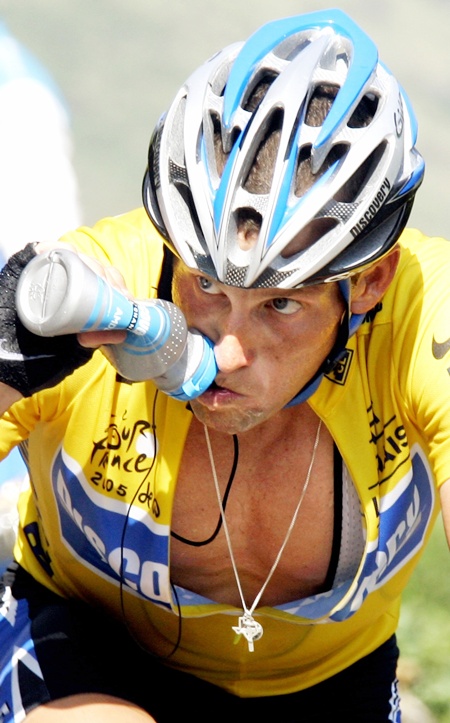
The American said he began doping in the mid 1990s and continued to cheat right up until 2005 when he won his final Tour de France.
Asked why he had repeatedly lied about using drugs until Thursday's admission, he told Winfrey: "I don't know I have a great answer.
"This is too late, probably for most people and that's my fault. I view this situation as one big lie that I repeated a lot of times.
"It's not as if I said no and moved off it. While I've lived through this process, I know the truth. The truth isn't what I said and now it's gone."
A cancer survivor who inspired millions of people with what had seemed like a fairytale, he said he did not believe he could have achieved what he did without breaking the rules because of the culture of drugs in cycling.
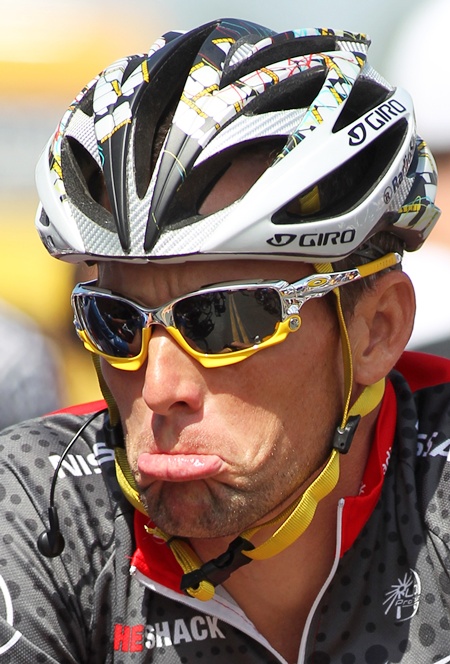
"Not in that generation. I didn't invent the culture, but I didn't try to stop the culture," he said.
"It's hard to talk about the culture. I don't want to accuse anyone else. I'm here to acknowledge my mistakes."
Armstrong's admission came just months after the U.S. Anti-Doping Agency released a detailed report describing him as the ringmaster of the "most sophisticated, professionalized and successful doping program that sport has ever seen."
He was banned for life and stripped of his all race wins. On Thursday, hours before the interview went to air, the International Olympic Committee stripped him of the bronze medal he won at the 2000 Games.
As a result of his confession, the 41-year-old Texan now faces the prospect of various legal challenges and orders to repay some of the money he earned from his success.